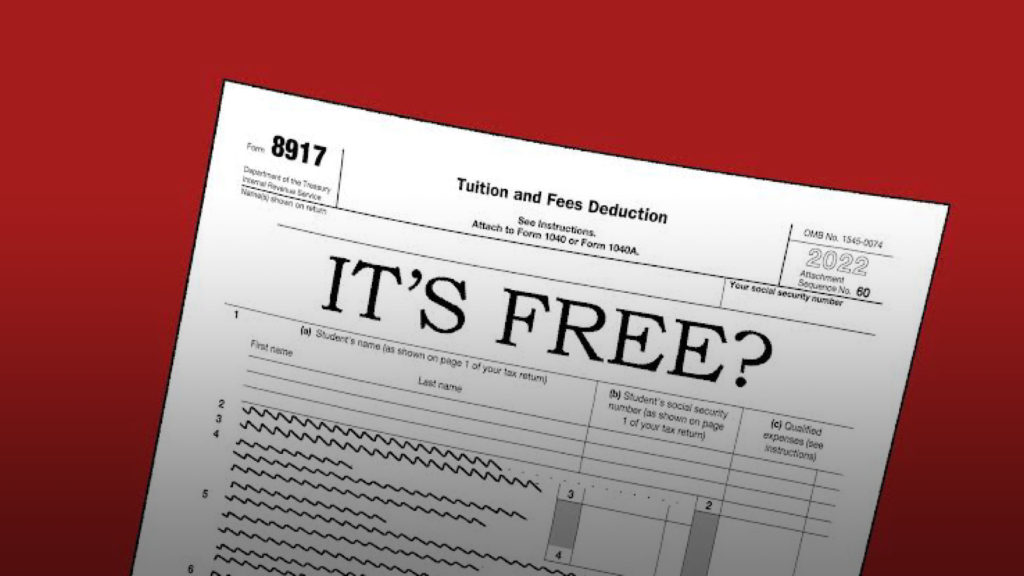New Mexico Law Inspires The Need For Free In-State Tuition
How would you go about ensuring long-lasting equity and social mobility opportunities?
Some say ensuring equitable access to education is a good way to do that.
New Mexico took a major step toward that. A bill was passed by the state to cover tuition fees for public colleges and universities for state residents.
It does so by allocating almost 1% of the state’s budget toward those costs. Less than 1% is not a big cost for something that could be life-changing for its residents.
While 29 states offer some form of free tuition, New Mexico’s bill is revolutionary in its inclusivity.
New Mexico’s Scholarship is open to adult learners, part-time students and immigrants regardless of their immigration status. This is important as these demographics are often the most in need of financial assistance.
For example, unless you are a US citizen or permanent resident you’re not eligible for federal aid.

This system would be greatly beneficial in Florida too. Especially because it has an older population and a high rate of immigrants.
You might be thinking that the idea wouldn’t translate because Florida has a much higher population than New Mexico. Florida sits at around 21.48 million people while New Mexico is at around 2.097 million people.
However, it is also important to remember that Florida also has a much higher state budget.
New Mexico’s state budget totals nearly 8.5 billion dollars. Conversely, Florida’s state budget is more than ten times higher at 112 billion dollars.
While the populations are different, the percentage allocated from the budget could be the same assuming that the costs per student are roughly equal.
The opportunity for equal access to education for marginalized populations is important in two ways. Firstly, it is an opportunity for financial betterment.
This is particularly relevant in our current job market where even entry-level positions require a bachelor’s degree.
I have personally witnessed immigrants seeking higher education make tough decisions. If they decide to validate their foreign degree, they lose access to federal financial aid even if their degree is not necessarily recognized for the workplace in the states.
Alternatively, if they decide to not validate their foreign degree, they must start from scratch in order to receive financial assistance.
If public colleges and universities covered tuition, immigrants wouldn’t have to make these tough choices.
The second way in which equitable access to education is important is through empowering people about their power and ability to change things.
It is through education that these populations can overcome the systemic injustices that have created their difficult living conditions.
Education is a tool for change that manifests itself externally and changes the world. Hence, it should be accessible to anyone regardless of socioeconomic status.




